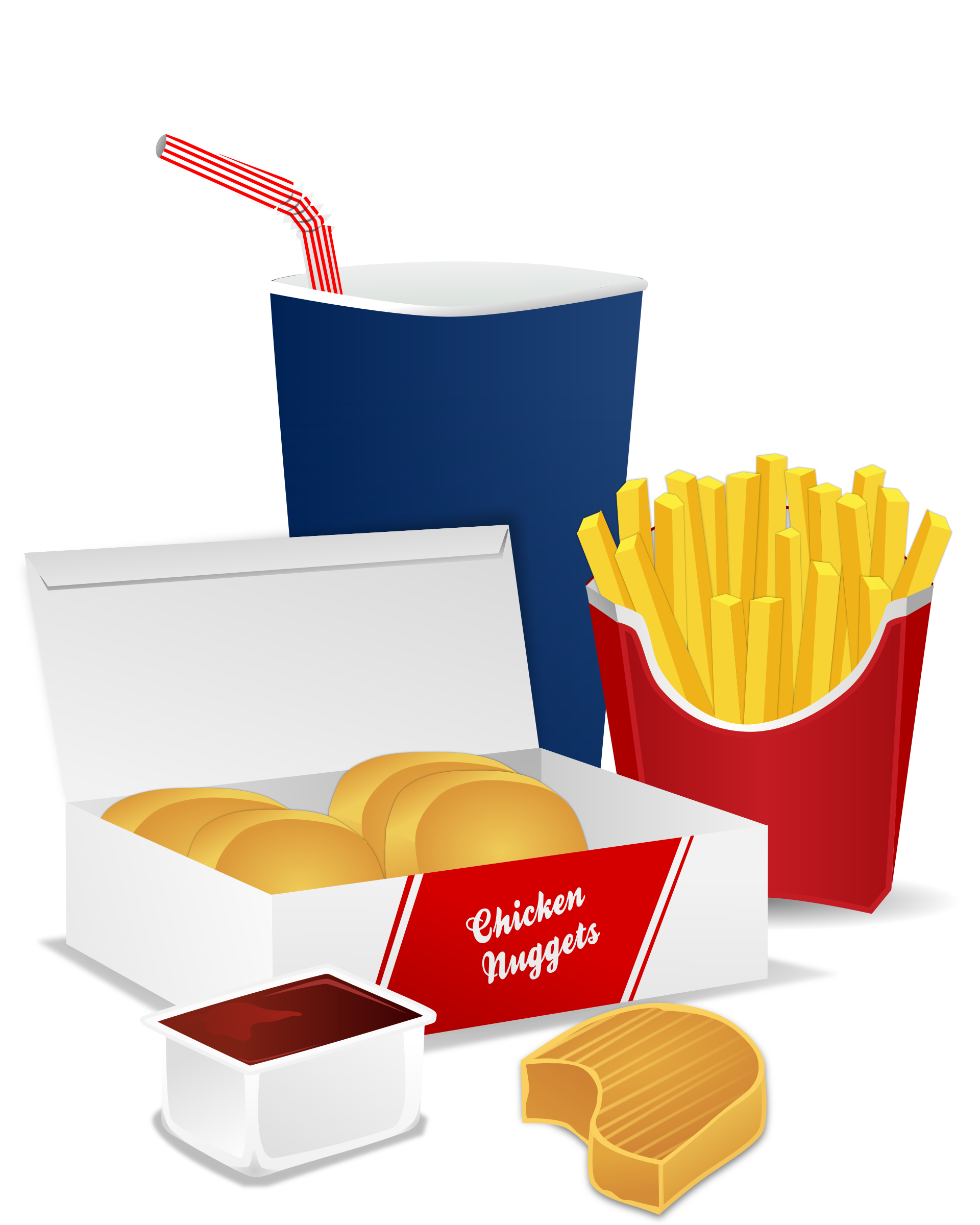Can the color of a plate or cup influence the amount of food and drink you consume? According to two studies reported in the journal, "Appetite" the answer is, "Yes".
In the first study researchers investigated the effects of serving soft drink in red and blue labeled cups. Study participants drank less from red labeled cups compared to blue labeled cups. The amount of soft drink consumed in blue cups was nearly twice the amount consumed in red cups.
In the second study, researchers looked at the amount of food consumed when study participants were served equal portions of snack foods on red, blue and white plates. Again, red was the "loser". Less food was consumed from red plates compared to blue and white plates.
Why Red Affects Our Food and Drink Consumption:
Why does red affect our food consumption? Researchers theorize the color red is associated with prohibited behavior. Think red traffic lights and red "Danger" signs.
Some experts also suggest that blue and black plates reduce consumption, although in this cited study, red was the better color compared to blue.
Size Matters:
Other studies show the size of plates also influences how much food is consumed. All things being equal, on average the net amount of food consumed per person over a given timeframe is less when food is served on small plates compared to larger size plates.
"Why", you might wonder, "does this happen?"
It's in part caused by a trick of perception: the same amount of food will seem small when looked at on a large plate and more generous when looked at on a small plate.
So, this holiday season think "small" and think "red". Your waistline will thank you!
Study abstract link: Click
HERE
Stephen Carter
Stress Solutions, LLC
www.EFT-MD.com | www.EasyStressCures.com
804-677-6772
Important Note: This and all other postings to this blog are for informational purposes only. This and all other posts are not intended to diagnose, treat, or otherwise recommend any treatment for any medical or psychological condition. Anyone using any of the information contained in this or any other posting on this website does so at his or her own risk. You are urged to seek competent medical consultations with appropriate licensed medical professionals for any and all medical or physical conditions.








